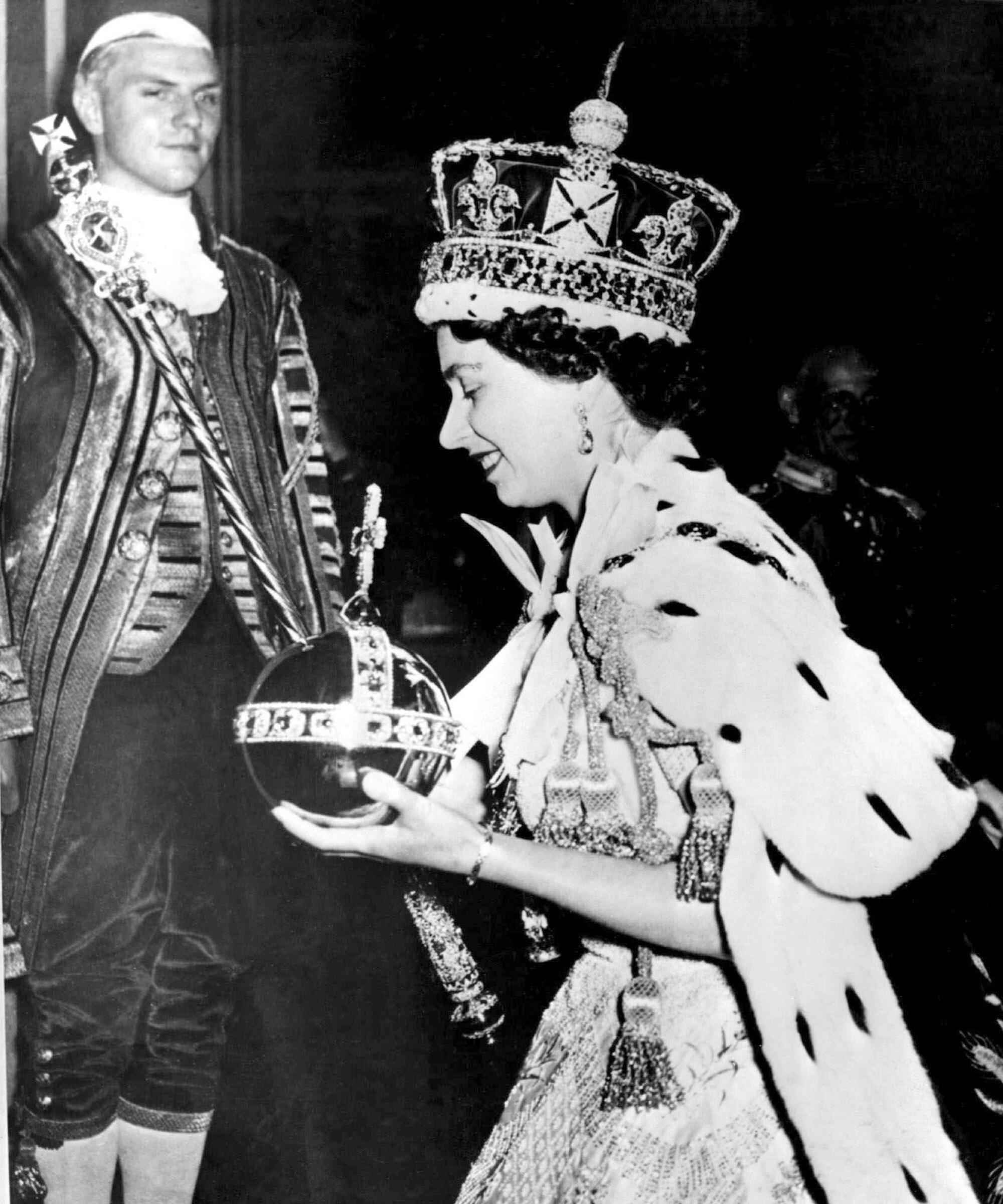Karlotta Freier / For The Times
- Share via

Flex your power at the polls
Voting is a privilege that we should appreciate this year more than usual, as democracy is under attack in Europe (with a literal invasion) and in the U.S. (with seemingly endless efforts to silence Black and brown voices). Today’s an underappreciated red-letter day in American politics: the primary election. California has made it as easy as imaginable to take part, by mailing ballots to all 22 million registered voters. Today’s races will set the agenda for state and local governments for years to come, including in Los Angeles, where voters could choose a new mayor. Here’s how to vote in person today in Southern California or drop off your completed ballot if you don’t want to mail it. And if you’re overwhelmed by the list of unfamiliar names without much context, here’s help: The Los Angeles Times’ editorial board conducted round after round of candidate interviews to arrive at a helpful list of endorsements, including rationale for each recommendation.

An island of safety in the Pacific
The Pacific nation of Niue, an island atop a coral reef, has declared 100% of its ocean waters to be a protected marine park. That’s a territory roughly the size of Vietnam, now a sanctuary for a huge array of wildlife including humpback whales that have migrated to the area to calve. “The ocean is everything to us,” the prime minister said. “It’s what defines us.” And now Niue will be defined by its stewardship of the planet.

On duty for 70 trips around the sun
Say what you will about monarchy, or “the monarchy,” but who could begrudge Queen Elizabeth II some hoopla to celebrate 70 years on Britain’s throne? Her Platinum Jubilee rocked London throughout a long weekend, with pageantry ranging from classics like a 200-horse parade to modern celebrations featuring hip-hop and drag queens. Hats off to the queen for her steady leadership since 1952 and, for that matter, for her hats.

And one more ...
The human brain didn’t evolve for constant dings from iCal and breaking news about foreign wars, and certainly not for social distancing. But it did evolve to solve problems, and all those demands of modern life present a doozy. One psychiatrist calls the issue “frontal fatigue,” describing the toll that technology and isolation take on our prefrontal cortices. If we can recognize clues of fatigue like irritability and drifting attention, we can recover by using other systems of the brain. “There are no tricks or unusual techniques to learn here,” writes Mark Rego. “We did these things every day in pre-modern societies.” Do something with your hands, do something with your senses, interact with other people. Our tired brains are telling us to be a little more human, and it turns out that’s easy to do.
More to Read
A cure for the common opinion
Get thought-provoking perspectives with our weekly newsletter.
You may occasionally receive promotional content from the Los Angeles Times.











